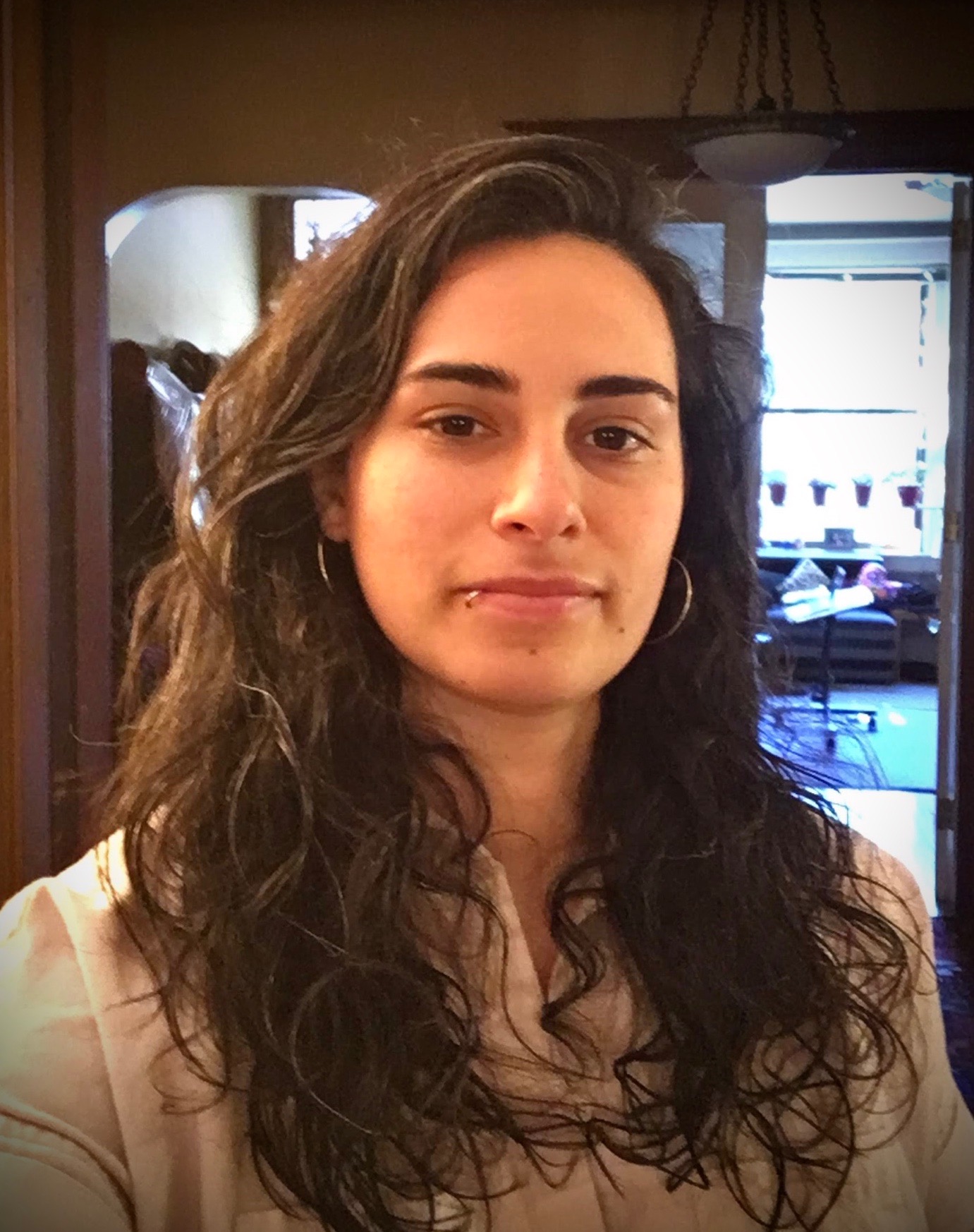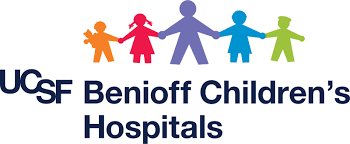
Sarah Tila Roberts, CHI™ - Spanish
Medical Interpreter
In 2018, I decided to change careers after many years of working in and managing bike shops. I had always wanted to work as an interpreter, but I wasn’t sure how to get my foot in the door. Luckily, I applied to a language agency that offered me a full time position at UCSF, and in December of 2019, I accepted a staff position as a medical interpreter solidifying my place at UCSF.
My mother is a Colombian immigrant and my father was born in the US. My entire life and education has been bilingual, from home life and my elementary school education, all the way through college. I feel that growing up bilingual was a beautiful gift, and I’m fortunate that my parents encouraged me to embrace my languages and cultures.
In addition to helping me embrace my languages my parents also instilled in me a sense of social responsibility towards others. I have always carried this with me, and I feel that in this job I can act this out daily by providing good quality interpreting for both patients and providers. While I take pride in the technical aspect of my job, I equally value the human aspect.
I know from personal experience that people who are perceived to not speak or understand English can be treated poorly in our society. Although I never had to interpret for my mom growing up, like so many children have to do for their immigrant parents, I witnessed a lot of prejudice and people talking down to her because of her accent. Those experiences made me feel like my mom wasn’t being valued as a person, and that hurt deeply. I know that this experience is not unique. Through my work I do my best to show up with the utmost respect for the families I am working with, as well as the providers, to make sure I am not only facilitating an exchange between patient and provider but also a connection between two people.
One of the amazing things about being an interpreter at UCSF is that we get to go all over the hospital and meet so many different families and providers. I think one of the most rewarding things is getting to know a family and accompanying them over the years. During my first year I interpreted for a family at the Fetal Treatment Center, it was determined that their baby had a cleft palate. After a long visit, which included many providers and a tour of the ICN, I said goodbye to the family. Then a few weeks later, I was assigned to interpret for the same family during their first visit to the Craniofacial Clinic. It was very exciting to see the baby off the ultrasound screen and in real life. I have since had a similar experience many times, and I look forward to it happening more and more as the years pass.
